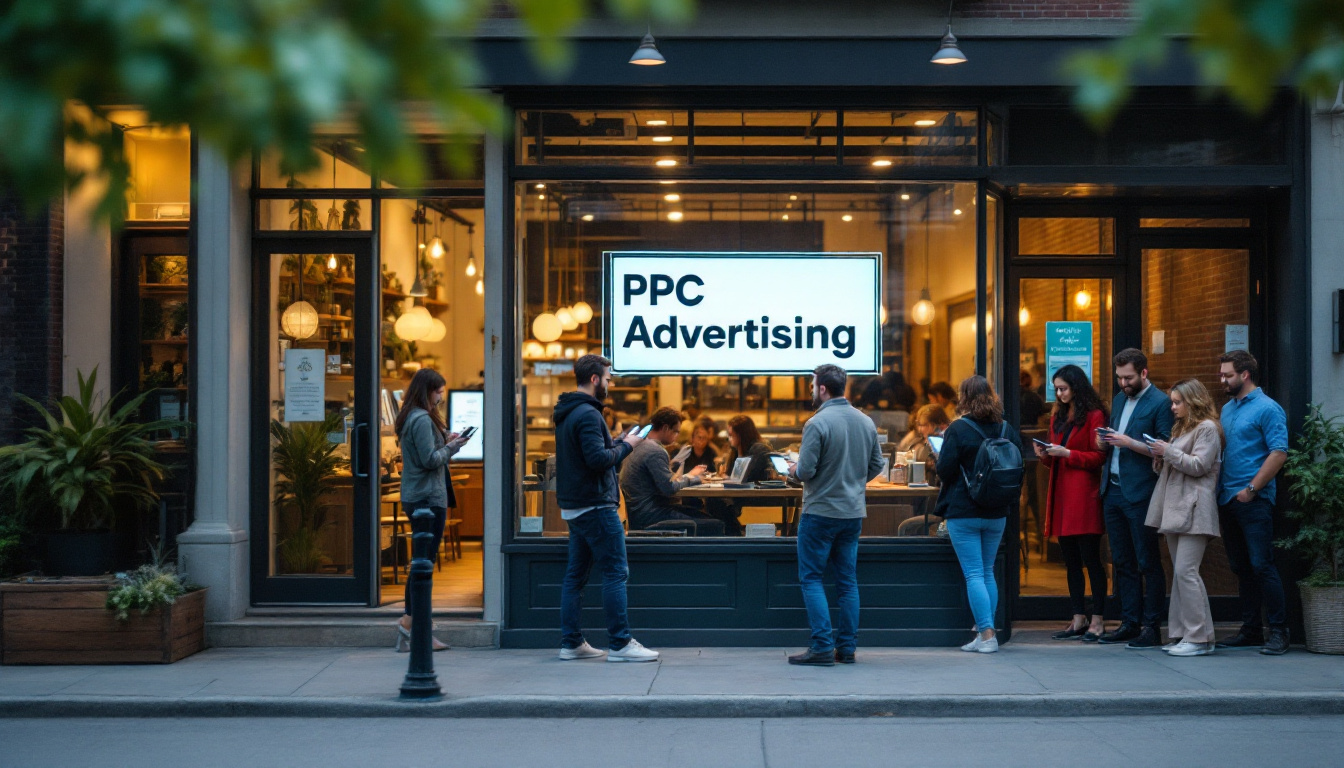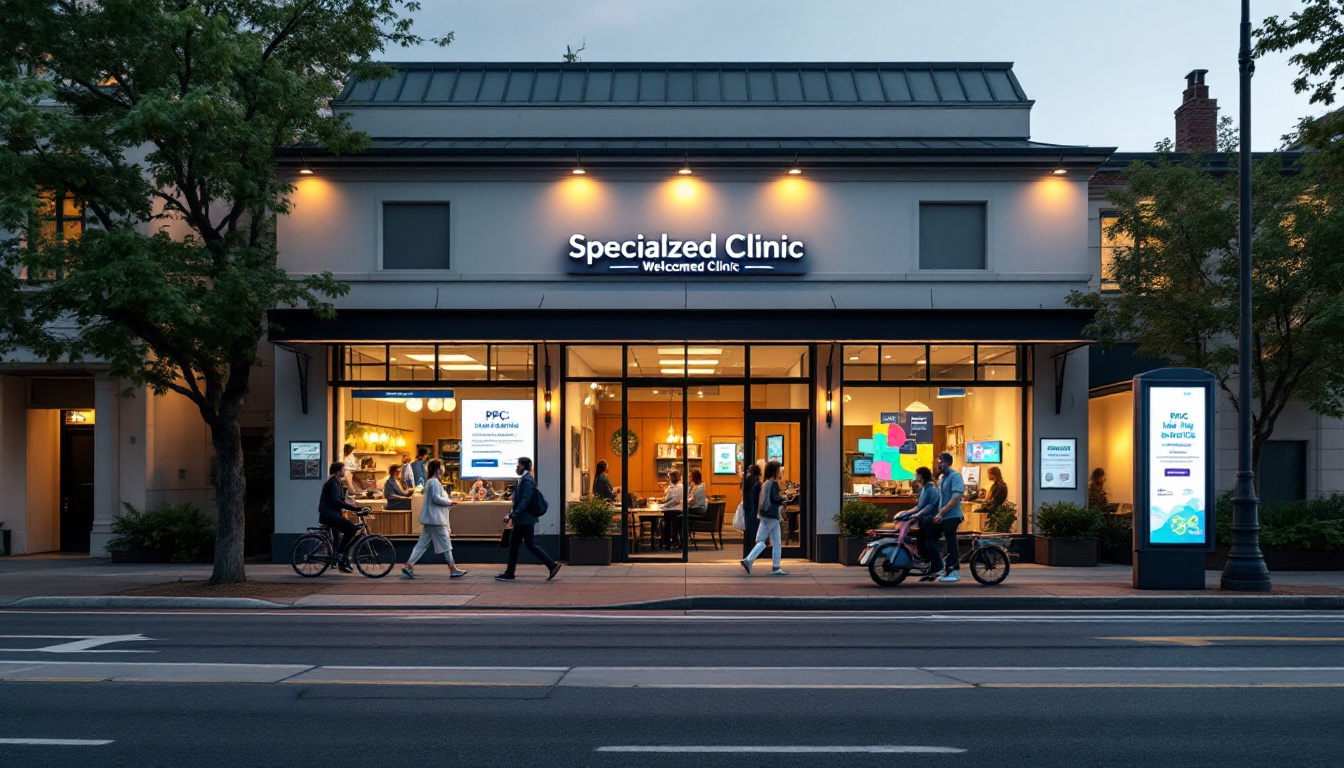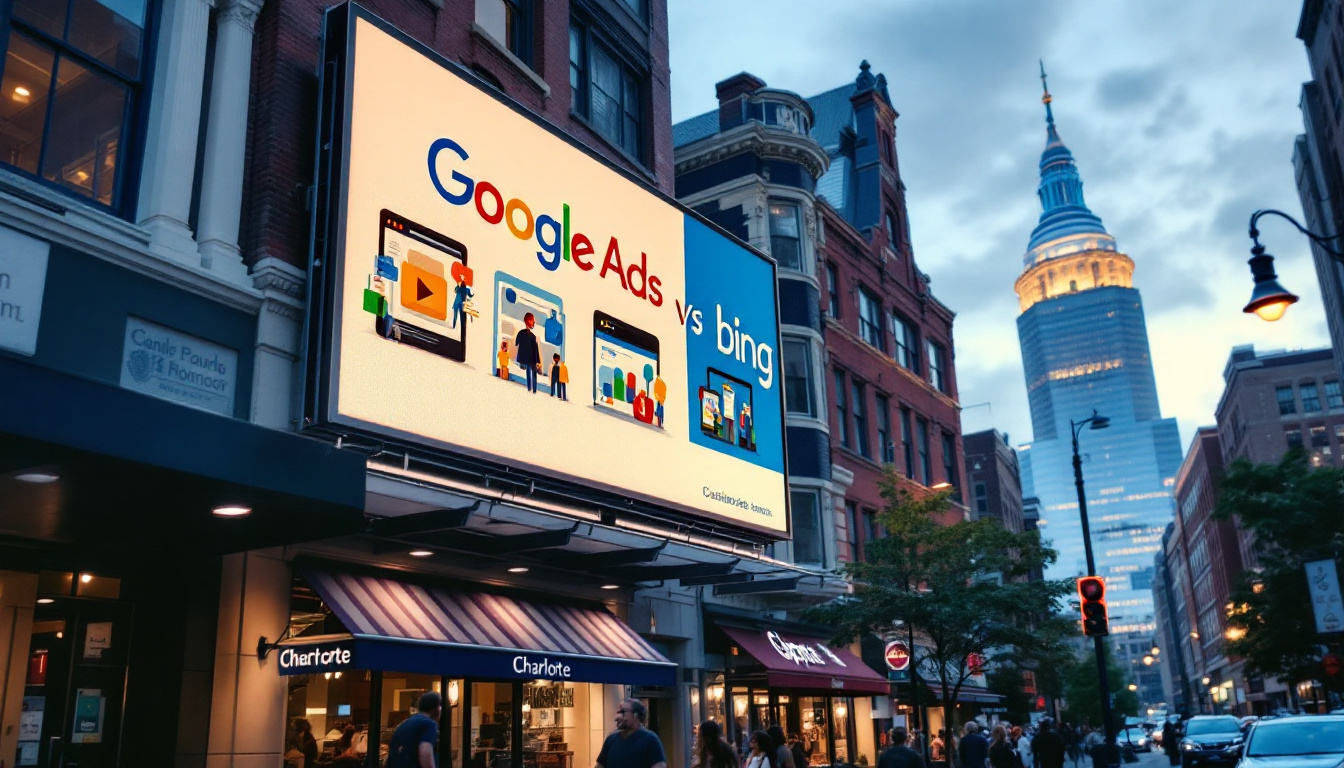Top PPC FAQs Answered for Charlotte, NC Businesses

PPC, or Pay-Per-Click advertising, has become a vital tool for businesses aiming to increase their visibility online. For local businesses in Charlotte, NC, understanding PPC can make a significant difference in both reach and revenue. This article will delve into the most frequently asked questions about PPC, providing insights specifically tailored for Charlotte’s business environment.
What is PPC and how does it work?
PPC is an online advertising model where advertisers pay a fee each time one of their ads is clicked. Essentially, it is a way to buy visits to your site, rather than attempting to earn those visits organically. Each time your ad is clicked, leading a visitor to your website, you are charged for the click.
The most common platform for PPC is Google Ads, where advertisers bid on keywords that they want their ads to appear for. The goal is to achieve a high ad position in search results, which can lead to increased traffic and conversions. The process includes several key components:
- Keyword Selection: Identifying the right keywords is crucial for the success of a PPC campaign. Businesses must choose keywords that potential customers are searching for.
- Ad Creation: Writing compelling ad copy that both engages the target audience and encourages them to click is essential.
- Bidding Strategy: Choosing how much to spend on each keyword impacts both ad placement and overall campaign success.
In summary, PPC is not just about paying for clicks; it's a strategic process that involves research, creativity, and analysis.
Another important aspect of PPC is the ongoing optimization of campaigns. After launching a PPC campaign, advertisers must continually monitor performance metrics such as click-through rates (CTR), conversion rates, and return on ad spend (ROAS). This data helps marketers understand which ads are performing well and which ones may need adjustments. For instance, if certain keywords are not generating clicks, it may be necessary to revise the ad copy or even select different keywords that better align with user intent.
Additionally, understanding the target audience is vital in crafting effective PPC campaigns. By utilizing tools like audience segmentation and remarketing, advertisers can tailor their ads to specific demographics, interests, and behaviors. This targeted approach not only enhances the relevance of the ads but also improves the likelihood of conversions, as potential customers are more likely to engage with content that resonates with their needs and preferences.
Why is PPC important for local businesses?
PPC is especially important for local businesses in Charlotte, NC, as it provides targeted visibility in a competitive market. Local PPC campaigns can effectively reach customers who are searching for services nearby, thereby increasing foot traffic and local awareness.

Moreover, the immediacy of PPC advertising is unmatched. Unlike SEO, which can take time to gather momentum, a well-crafted PPC ad can generate traffic and leads almost instantly upon launching. This is particularly beneficial for Charlotte businesses looking to promote special events, sales, or new product lines.
Another factor to consider is the ability to track and analyze results. PPC platforms provide detailed analytics that help businesses understand customer behavior, enabling them to refine their marketing strategies in real time. This data-driven approach helps maximize return on investment (ROI) and ensures that marketing dollars are used effectively.
In addition to local targeting, PPC allows businesses to compete with larger corporations by focusing on niche keywords that may be overlooked by larger brands.
Furthermore, local PPC campaigns can be tailored to specific demographics, ensuring that ads are shown to the most relevant audience. For instance, a family-owned restaurant in Charlotte can target ads to local families or young professionals, depending on their menu offerings and ambiance. This level of customization not only enhances engagement but also fosters a sense of community connection, as local consumers often prefer to support businesses that resonate with their lifestyle and values.
Additionally, the flexibility of PPC allows businesses to experiment with different ad formats and platforms. From Google Ads to social media promotions, local businesses can test various approaches to see what resonates best with their audience. This adaptability is crucial in a fast-paced environment like Charlotte, where consumer preferences can shift rapidly. By continuously optimizing their campaigns based on real-time feedback, local businesses can stay ahead of the competition and ensure their marketing efforts remain relevant and impactful.
How to select the best PPC platform?
Selecting the right PPC platform can greatly affect the success of a marketing campaign. Here are some key considerations for businesses in Charlotte:
- Target Audience: Understanding where your target audience spends their time online is crucial. Google Ads is popular for search engine marketing, while Facebook Ads can be effective for targeting specific demographics with visual content.
- Budget: Different platforms have varying cost structures. Some may be more affordable for small businesses, while others may demand a higher budget for optimal results.
- Performance Tracking: A good PPC platform should offer robust analytics to track the effectiveness of your advertisements. Metrics like click-through rate (CTR), conversion rate, and cost per acquisition (CPA) are critical for measuring success.
Once you assess these factors, you can choose a platform that aligns well with your business objectives and budget. Testing multiple platforms and comparing results can also provide valuable insights.
In addition to the basic considerations, it’s important to evaluate the unique features of each platform. For instance, Google Ads offers extensive keyword targeting options and the ability to reach users actively searching for specific products or services. On the other hand, platforms like LinkedIn Ads can be particularly advantageous for B2B companies looking to connect with professionals in their industry. Each platform has its strengths, and understanding how these can be leveraged for your specific goals can lead to more effective campaigns.
Furthermore, consider the level of support and resources available from the platform. Some platforms provide comprehensive tutorials, community forums, and dedicated account managers to assist advertisers in optimizing their campaigns. This can be especially beneficial for businesses new to PPC advertising, as having access to expert guidance can help navigate the complexities of setting up and managing ads. Investing time in learning about the tools and resources at your disposal can significantly enhance your overall PPC strategy.
What are the costs associated with PPC?
The costs of running a PPC campaign can vary widely depending on several factors, including your industry, competition, and the specific keywords you select. Generally, the most significant costs include:

- Cost Per Click (CPC): This is the amount you pay each time someone clicks on your ad. Highly sought-after keywords will typically cost more.
- Daily or Monthly Budget: Setting a budget is essential for managing expenses and ensuring that your spending aligns with your overall marketing goals.
- Landing Page Costs: While not directly part of the PPC program, investing in a well-optimized landing page can significantly improve conversion rates, making the overall campaign cost-effective.
It’s vital to continually monitor spending to ensure that your campaigns are within budget while still achieving the desired results. Strategic adjustments, like testing different ad copies or targeting settings, can help optimize costs.
In addition to these primary costs, businesses should also consider the expenses related to tools and software that can enhance PPC performance. For instance, many marketers invest in analytics tools to track the effectiveness of their campaigns, which can incur monthly or annual fees. These tools provide insights into user behavior, allowing for more informed decisions regarding keyword selection and ad placements. Furthermore, if you choose to work with a PPC management agency or hire a specialist, their fees will also contribute to your overall costs, but can often lead to improved performance and a better return on investment.
Another often-overlooked aspect of PPC costs is the impact of seasonal trends and market fluctuations. Certain times of the year, such as holidays or major sales events, can drive up competition for specific keywords, resulting in increased CPC rates. Businesses need to be agile and prepared to adjust their strategies accordingly, which may involve temporarily increasing budgets or reallocating funds to capitalize on peak traffic periods. Understanding these dynamics can help you not only manage your costs more effectively but also seize opportunities that arise throughout the year.
How to measure the success of your PPC campaigns?
Measuring the success of your PPC campaigns is crucial for ensuring ongoing effectiveness and maximizing ROI. Here are some key metrics to focus on:
- Click-Through Rate (CTR): This metric shows how effectively your ad attracts clicks. A higher CTR indicates that your ad copy resonates well with your audience.
- Conversion Rate: This metric measures the percentage of users who complete a desired action after clicking on the ad, such as making a purchase or signing up for a newsletter.
- Quality Score: Google Ads assigns a Quality Score based on the relevance of your keywords, ad, and landing page. A higher Quality Score can lead to lower CPCs and better ad placements.
Regularly assessing these metrics enables businesses to adapt their strategies, ensure alignment with goals, and ultimately enhance the overall efficiency of their PPC efforts.
In conclusion, PPC advertising offers numerous advantages for businesses in Charlotte, NC, from immediate visibility to effective targeting. By understanding the nuances of PPC, businesses can leverage it to achieve greater success and navigate the competitive digital landscape with confidence.

As a Google Ads expert, I bring proven expertise in optimizing advertising campaigns to maximize ROI.
I specialize in sharing advanced strategies and targeted tips to refine Google Ads campaign management.
Committed to staying ahead of the latest trends and algorithms, I ensure that my clients receive cutting-edge solutions.
My passion for digital marketing and my ability to interpret data for strategic insights enable me to offer high-level consulting that aims to exceed expectations.




























